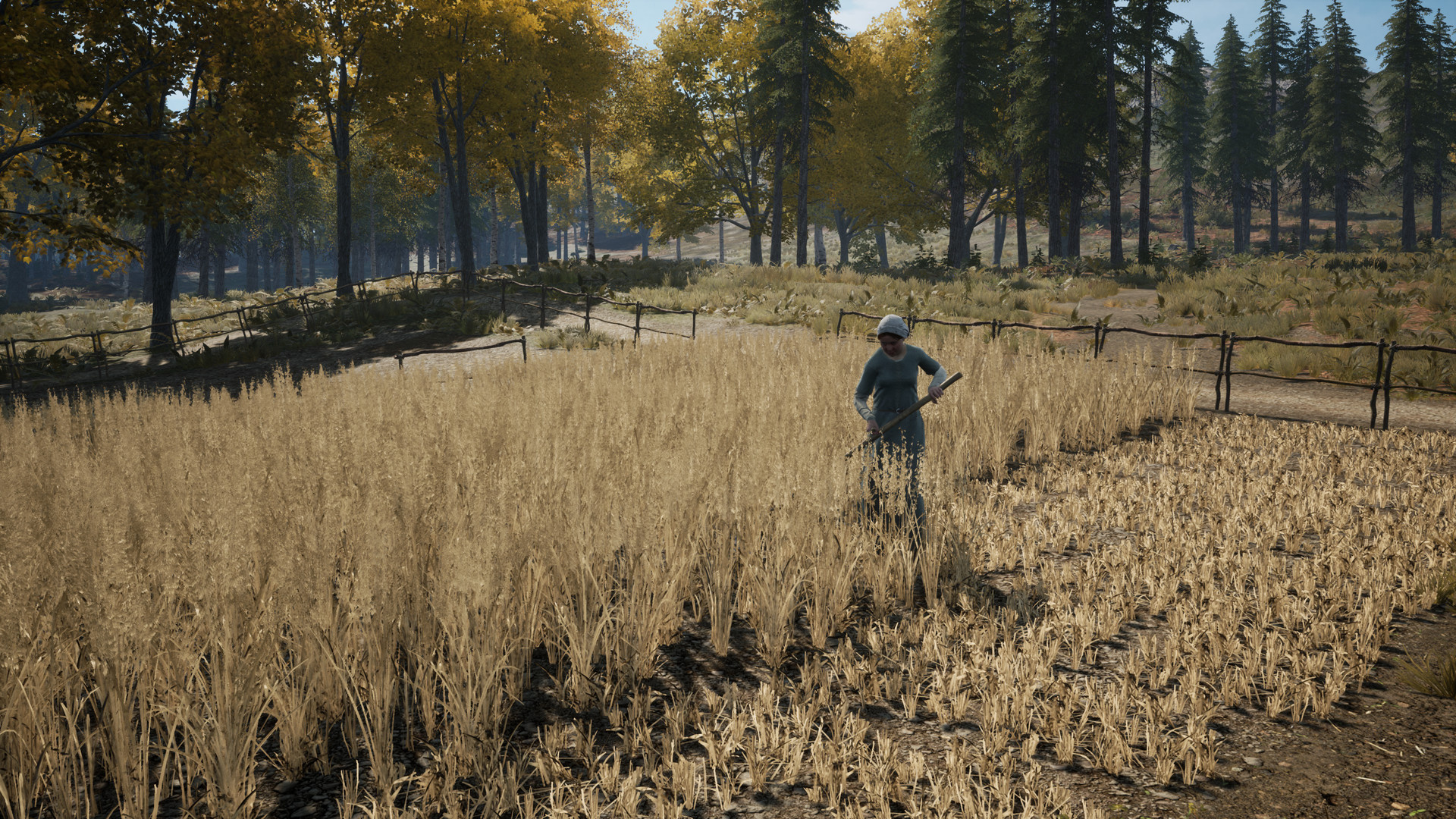
In addition, another root possibly penetrated into the German-speaking area from the Romance-speaking area, which connects with Italian borgo. At the same time, the Anglo-Saxon burh has been reproduced as burgus in England since the Norman conquest and can also be found there in numerous place names on -bury, -borough and -burgh, the inhabitants of which can be proven in documents as "townspeople". Stadt ), whereupon the castle is restricted to the meaning of “knight's castle, inhabited fortress”. Only then do other formations appear ( e.g. Until the twelfth century, the basic word -burg was used to describe settlements that "emerged under the protection of an old people's or refugee castle (Würzburg), an old Roman fort (Augsburg, Regensburg) or a fortified feudal seat (Naumburg)". In Latin sources of the time, the newly established fortresses and the surrounding settlements with the original Greek male Lehnwort were occupied, the. Related terms in other Indo-European languages are likely to be the Celtic root * brig- (as in Central Irish brī "hill", Welsh brig "summit") and the Greek pýrgos ( πύργος ).įrom the tenth to the thirteenth century, "new centers" formed in the Carolingian domain, above all through the burgi ", which arose" in the vicinity of episcopal cities and castra ".

Berg and referred to “originally the fortified height ( serving as a refuge )” ”. According to the German Etymological Dictionary, the castle stands “probably in the ablaut” to nhd. Burg, so in Old High German and Old Saxon burg "Burg, Stadt", the synonymous Old Norse borg, next to it also "Hill, Wall", and Gothic ? baúrgs "Stadt", occasionally “tower, castle” (all f.). However, the female gender common to all Germanic evidence points to a Germanic origin of nhd. In this coinage was probably a blending of ancient Greek πύργος Pýrgos and Germanic with this related root (then "siege tower, outbuildings" "tower, Wall tower") ( protogermanisch * burgz ) ago. Only later did a feminine variant of the loan word take on the meaning "fortified border settlement, small town". The Romans - so by name Julius Caesar in De bello gallico - called these fortified city-like settlements of the Celts oppida and distinguished them from smaller fortifications of a purely military nature, which they designated with the loan word burgus ("fortress, watchtower, small border fortress", m.) (see Burgus ). In Celtic, bona stood for “foundation, city”. The history of the term and its New High German name Burg goes back to Roman times, when Germans and Celts settled the parts of Central Europe that are relevant here.

3.1 Prehistoric and ancient fortifications.


 0 kommentar(er)
0 kommentar(er)
